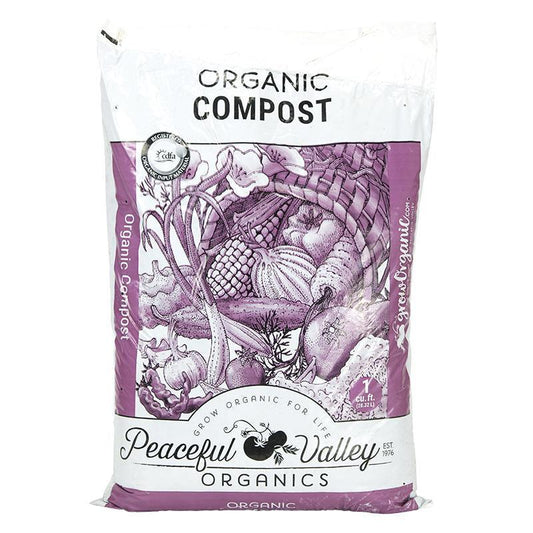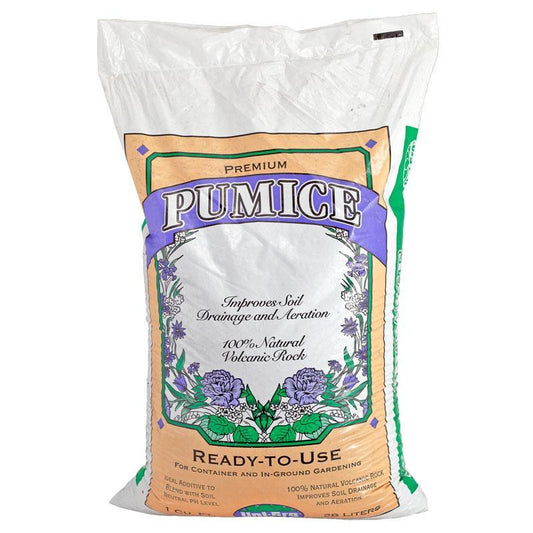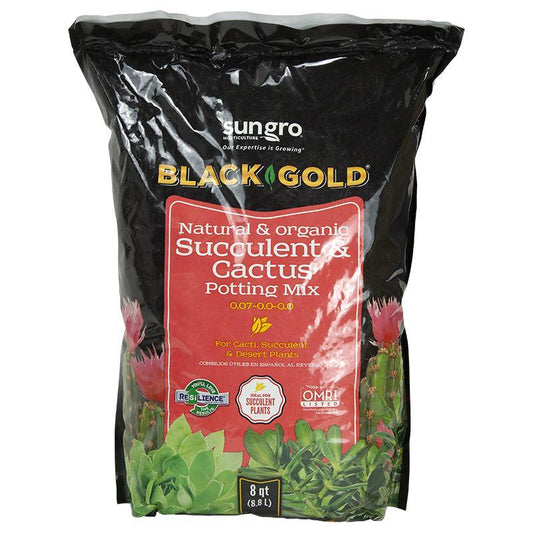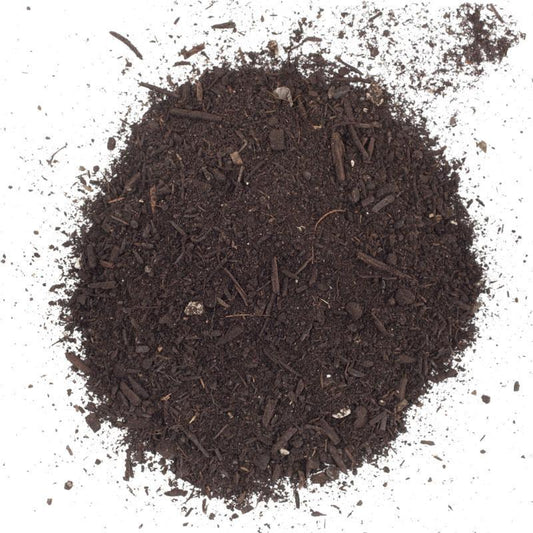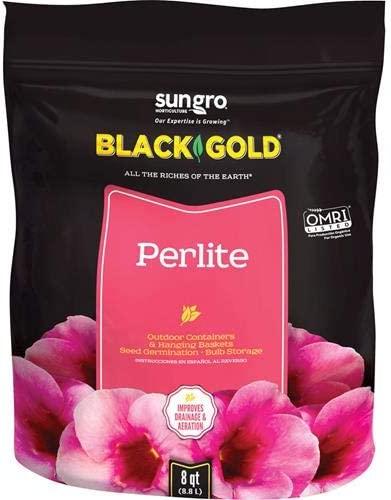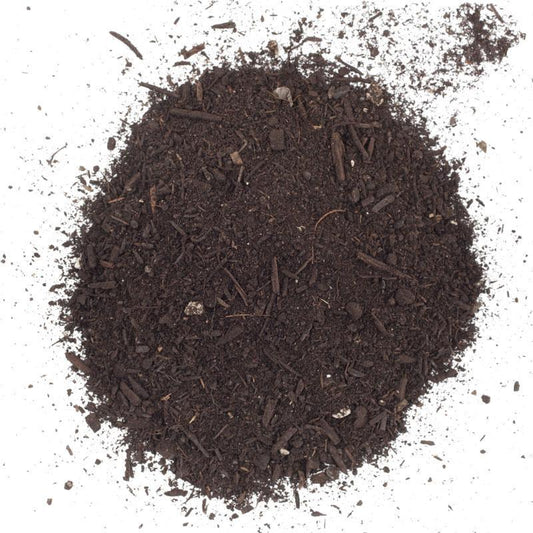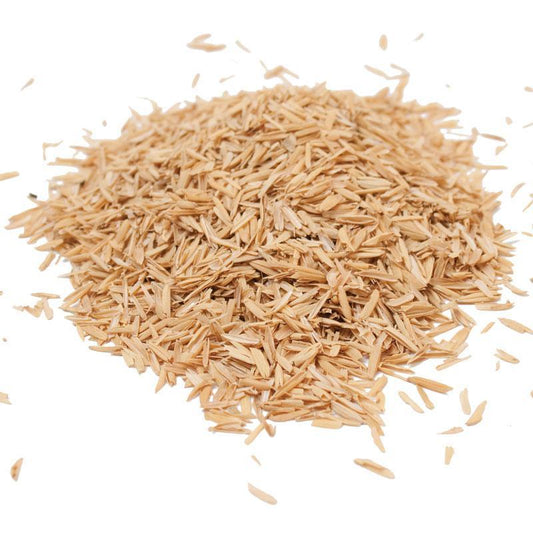Understanding Soil Amendments for Improved Drainage
Soil plays a pivotal role in the success of gardening and farming endeavors, and its composition can significantly impact plant growth. One crucial factor to consider is drainage. Poor drainage can lead to waterlogged soil, root rot, and unhealthy plants. Fortunately, various soil amendments are designed to improve drainage and create a healthier growing environment for your plants.
Why Drainage Matters
Proper drainage is essential because it ensures that excess water can flow away from the root zone of plants. When soil retains too much water, it can suffocate roots by reducing oxygen availability. This leads to root rot, stunted growth, and overall plant stress. Drainage problems can be particularly detrimental in areas with heavy rainfall or clayey soils.
Perlite: Lightweight and Effective
Perlite is a popular soil amendment known for its lightweight, porous, and sterile qualities. It is often used to improve soil drainage and aeration. Perlite is a volcanic glass that expands when heated, forming small, white, and lightweight particles. These particles create air pockets in the soil, allowing water to drain freely and roots to access oxygen.
One of the advantages of perlite is its neutral pH, which makes it suitable for a wide range of plants. It doesn't break down over time, providing long-lasting benefits to the soil structure. Horticultural perlite is typically mixed into the soil at a recommended ratio to enhance drainage while retaining some moisture.
Vermiculite: Retaining Moisture and Aiding Drainage
Vermiculite is another common soil amendment with excellent moisture-retention and drainage-improving properties. Unlike perlite, vermiculite is a micaceous mineral that expands when heated. It forms lightweight, accordion-like flakes with a high water-holding capacity.
When mixed with soil, vermiculite creates air pockets that improve aeration and drainage, preventing waterlogging. At the same time, it retains moisture, ensuring that plants have access to water during dry periods. This makes vermiculite a versatile amendment suitable for both improving drainage in heavy soils and enhancing moisture retention in sandy soils.
Organic Matter: The Power of Compost and Peat Moss
Organic matter is a fundamental component of soil health and can also influence drainage characteristics. Compost and peat moss are two organic amendments that can significantly impact soil structure.
Compost, a mixture of decomposed organic materials, improves soil drainage by increasing its overall porosity. It helps break up compacted soils and encourages the development of beneficial soil microorganisms. The organic matter in compost acts as a sponge, absorbing excess moisture and releasing it slowly to the plants when needed.
Peat moss is another organic material known for its ability to improve drainage. It has a high water-holding capacity while allowing excess water to drain. Peat moss is particularly beneficial in sandy soils, where it helps retain moisture, or in clayey soils, where it enhances aeration and drainage.
In Summary
Proper soil drainage is crucial for healthy plant growth, and various soil amendments are available to address drainage issues. Perlite and vermiculite are lightweight, porous materials that improve drainage and aeration. Organic amendments like compost and peat moss can enhance soil structure, promoting better drainage while providing valuable nutrients to plants. By understanding the unique properties of these soil amendments, gardeners and farmers can tailor their soil preparation techniques to create an optimal environment for their crops, ultimately leading to healthier and more productive plants.
For our full collection of growing supplies, click here.



